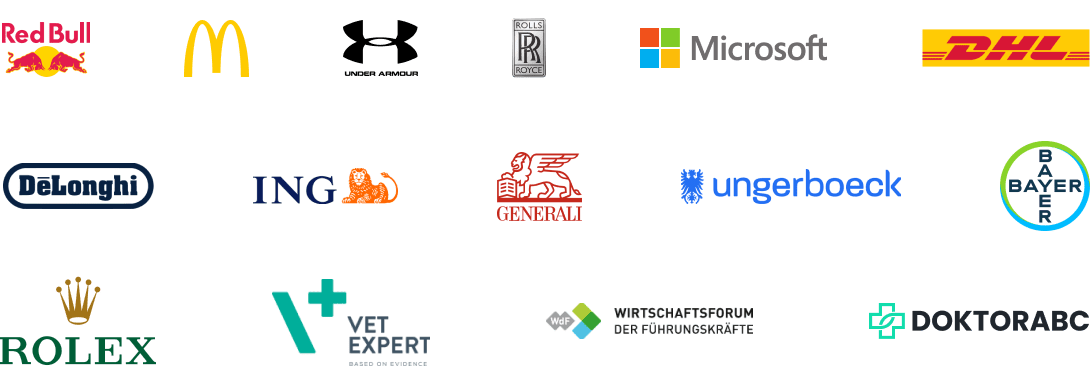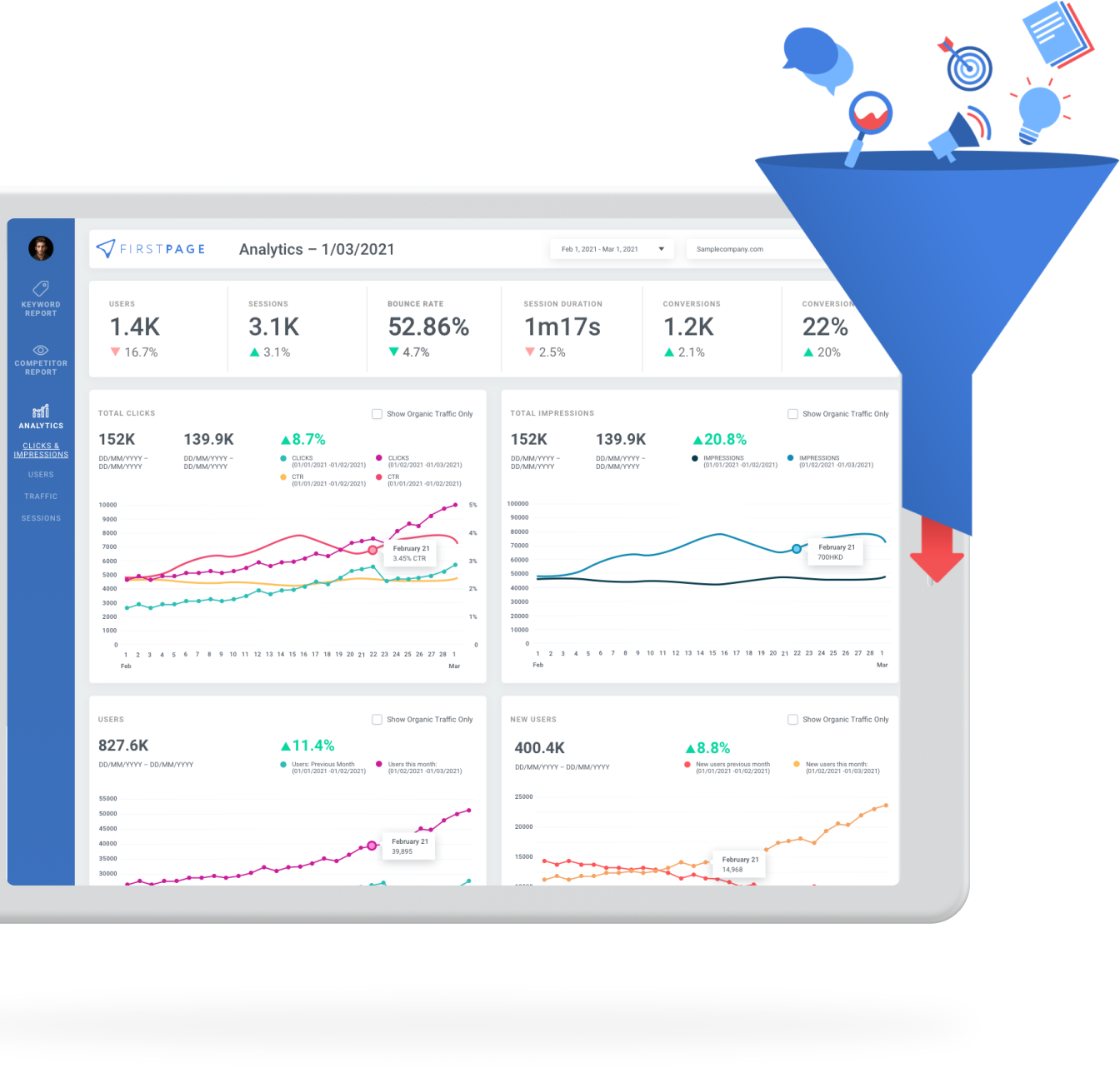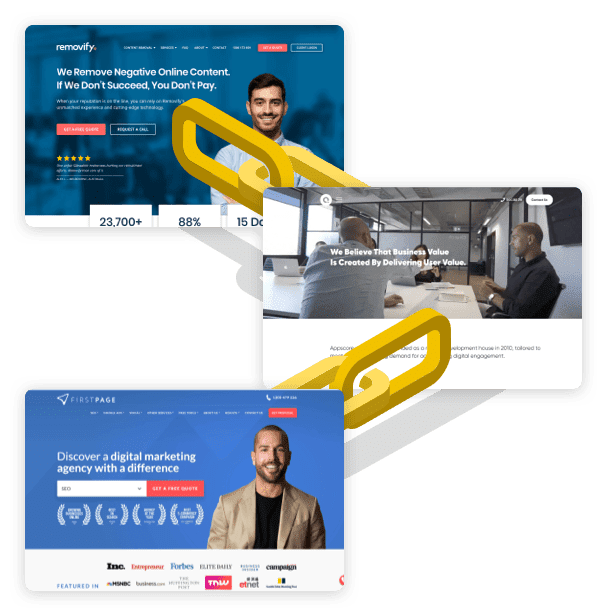From start-ups to Fortune 500 companies, we work with brands to grow their revenue.


Dominate your niche

Link building is a crucial component of any successful SEO strategy, helping businesses dominate their niche markets. Building high-quality links from authoritative websites, your business can establish its credibility and authority within your industry, and increase its visibility in search engine results pages. This means that more potential customers will see your website, and your business will be more likely to attract (and hold) their attention!
Link building also assists businesses in building relationships with other websites and businesses within their niche, which can lead to valuable partnerships and collaborations. By sharing each other’s content and linking to each other’s websites, you’ll expand your reach and tap into new audiences that you may not have reached otherwise!
What you’ve got here is a powerful tool that your business can use to establish its online presence and dominate its niche within the wider market. It requires time, effort, and a deep understanding of your audience and industry, but the rewards can be immense. If you’re looking to take your business to the next level and establish yourself as a leader within your industry, then link building is a strategy that you simply can’t afford to ignore.





)
)












